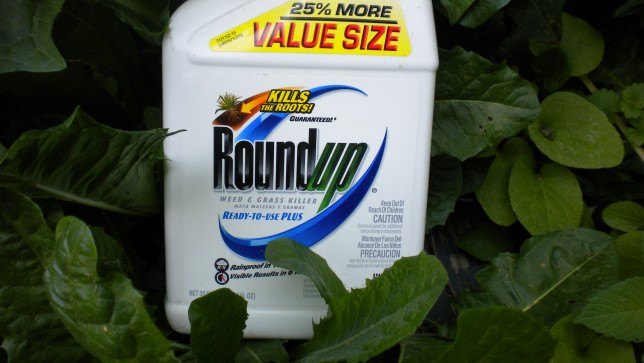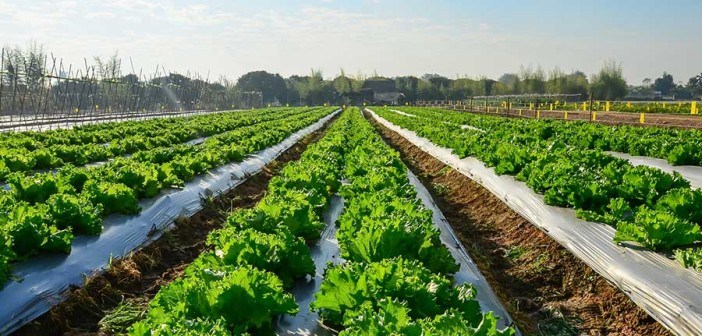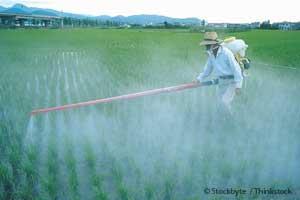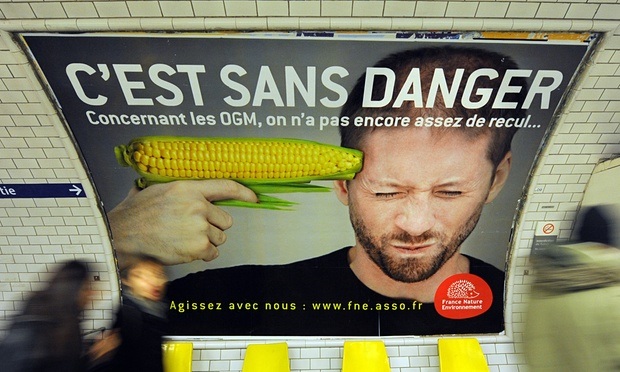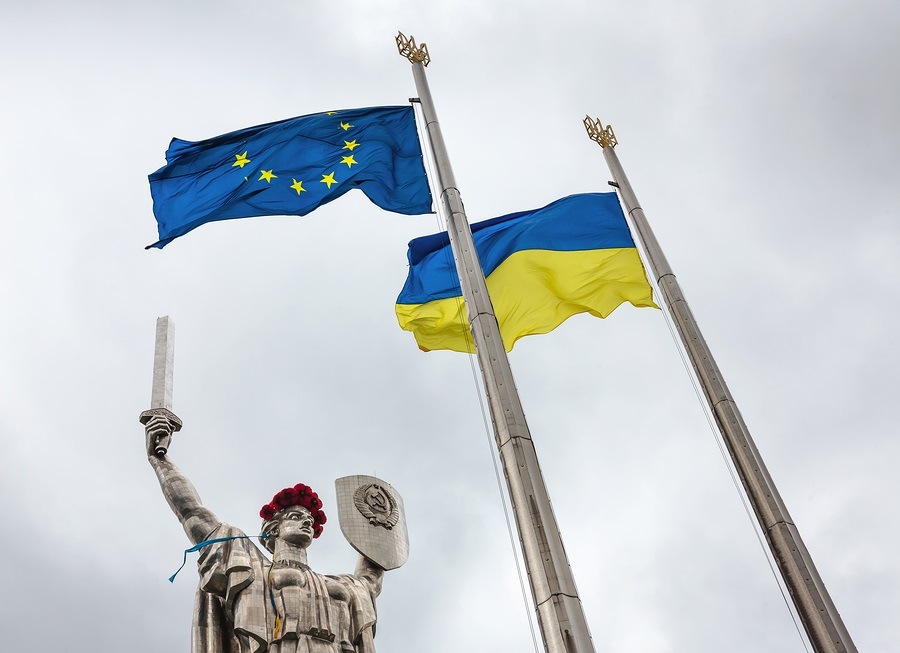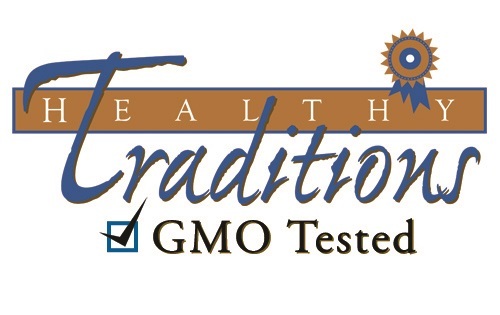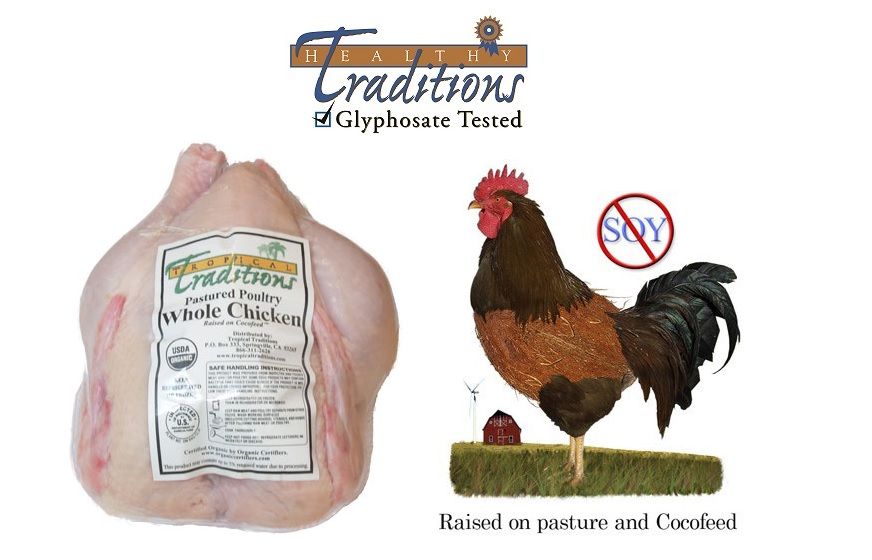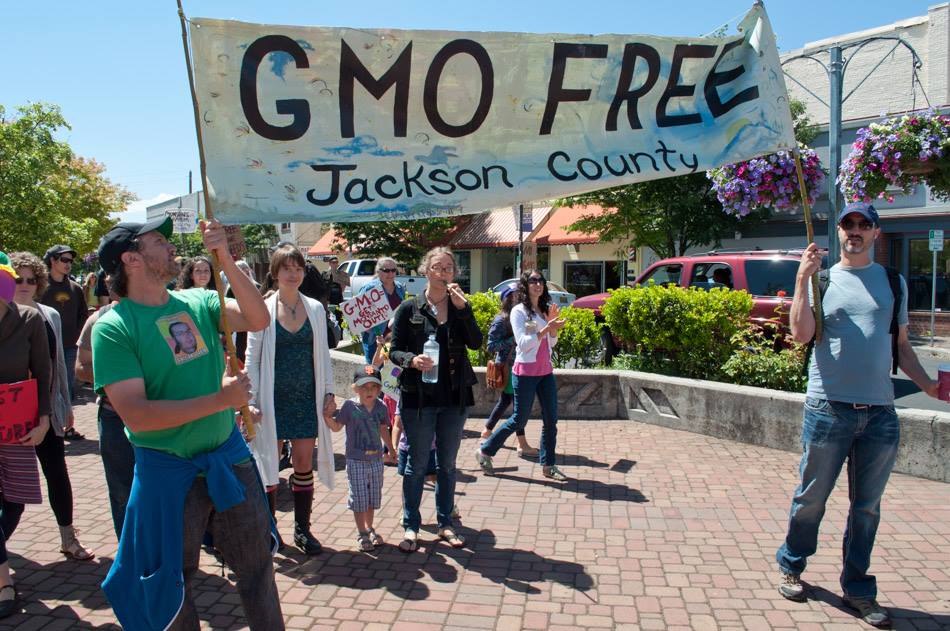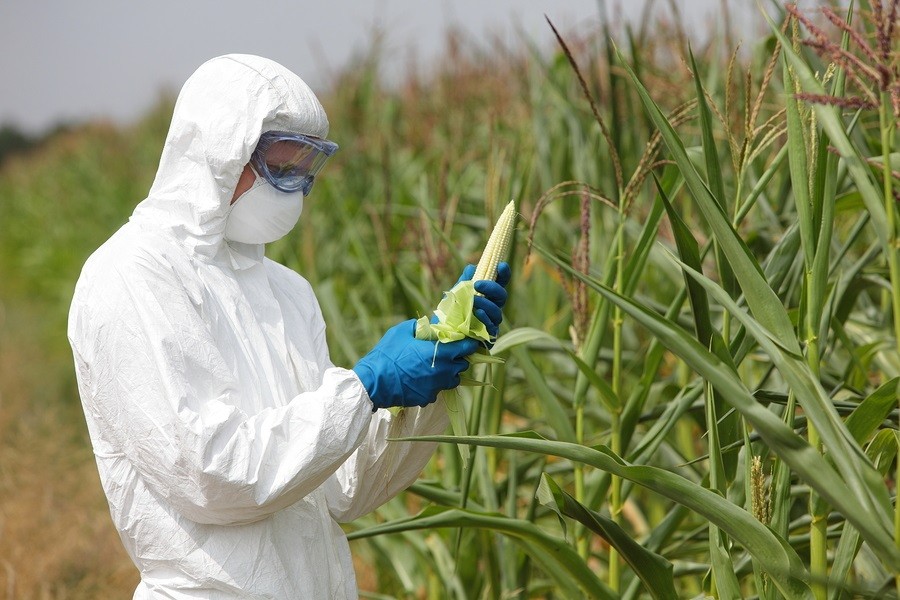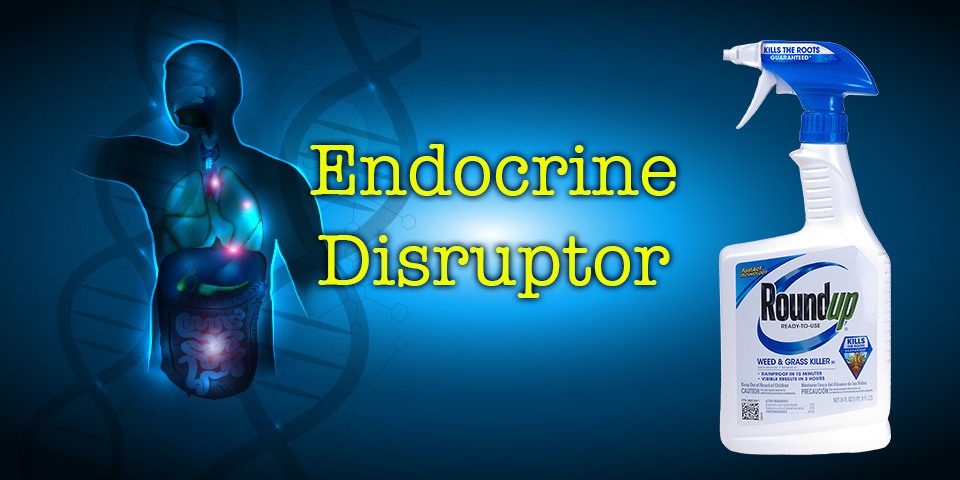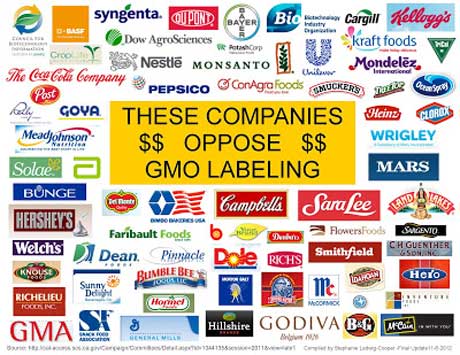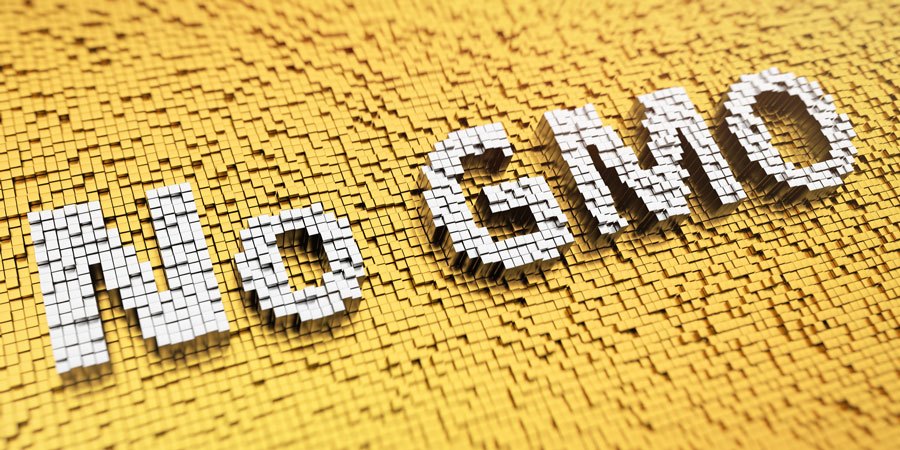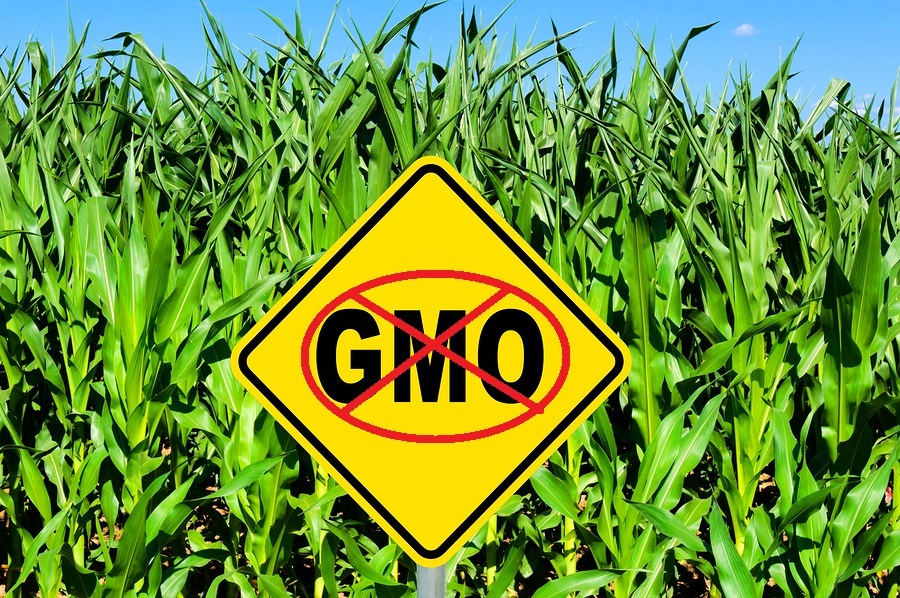News regarding the dangers of GMOs and biotech, and the advantages of organic sustainable agriculture.
First Review of Secret Monsanto Studies Shows Glyphosate Cancer Cover Up
For the past 35 years Monsanto has known of the link between glyphosate and cancer, but has systematically worked to cover it up through scientifically fraudulent methods in its safety testing research programme. This is the most significant conclusion to be drawn from a new research paper published in the Journal of Biological Physics and Chemistry and now available online. For the first time the authors, Dr. Anthony Samsel and Dr. Stephanie Seneff, present in tabulated form the data contained in secret Monsanto studies conducted in the period 1980 – 1990 which showed unequivocally that animals exposed to different quantities of glyphosate in their food supply developed tumorigenic growth in multiple organs.
GMO Cookie Is Crumbling
In March 2015, the International Agency for Research on Cancer (IARC), which is the research arm of the World Health Organization (WHO), determined glyphosate, the active ingredient in Monsanto’s Roundup herbicide, to be a “probable carcinogen” (Class 2A). This determination was based on evidence showing the popular weed killer can cause non-Hodgkin lymphoma and lung cancer in humans, along with “convincing evidence” it can also cause cancer in animals. Monsanto has maintained that the classification as a carcinogen is wrong and continues to tout glyphosate (and Roundup) as one of the safest pesticides on the planet. However, they’ve now been slapped with a growing number of lawsuits alleging they long knew that Roundup’s glyphosate could harm human health. In fact, internal Monsanto documents reveal they knew over 30 years ago that glyphosate caused adenomas and carcinomas in the rats they studied – and that’s only the beginning of Monsanto’s trouble. As each day goes by, the GMO (genetically modified organism) cookie continues to crumble.
Is the USDA Silencing Scientists?
“There's a message: If you want to prosper at USDA, don't make waves,” says Jeff Ruch, the executive director of the watchdog group Public Employees for Environmental Responsibility. “When you do what Jonathan is doing, you do so at your own peril.”
Are Prescription Drugs on Your Menu for Dinner?
“Biosolids”—a euphemism for human waste—are being used by some farmers as cheap fertilizer, according the New York Times, but it is usually done very quietly. In most states and counties, details about where biosolids have been applied is intentionally concealed; they make it as hard as possible for the public to get that information. Biosolids can be dangerous. They may be riddled with harmful Big Pharma drugs and also personal care products. A new study shows that the animal and human drugs typically found in biosolids may, even at very low levels, interfere with important hormones that help the plant defend itself against predators and diseases. River water, similarly contaminated with pharmaceuticals, has caused male fish to develop female anatomy.
How GMOs and Glyphosate Impact Soil Biology
Robert Kremer, Phd., co-author of the book Principles in Weed Management, is a certified soil scientist and professor of Soil Microbiology at the University of Missouri. He recently retired from the United States Department of Agriculture (USDA), where he worked as a microbiologist for 32 years. He's conducted research since 1997 on genetically engineered (GE) crops, and in this interview he reveals how GE crops and glyphosate impact soil ecology and biology. We often think of glyphosate as just another herbicide being applied topically, but it's important to realize that one of the properties of glyphosate is that when it enters a plant, it becomes systemic, and cannot be washed off like many other herbicides. Making matters even worse, glyphosate formulations such as Roundup are synergistically even more toxic than glyphosate itself.
Are Your Organic Hybrid Seeds Actually Genetically Modified?
Autumn is the end of the growing season and time for farmers to plan for next year's seed orders. If hybrid seeds are being planted chances are some might be genetically engineered and technically genetically modified organisms (GMOs) according to a growing movement in the organic agricultural field. In organic farming, transgenic (between different biological families) genetic engineering (GE) is banned, but cisgenic (within the same species family) GE used in the cell fusion process is permitted under USDA organic regulations. By international organic certification standards cell fusion is classified as genetic engineering, but these standards established by The International Federation of Organic Agricultural Movements (IFOAM) are being ignored by the United States, Europe and other countries. The organic farming industry and their organizations are conflicted and struggling with the conundrum that organic production relies on CMS F1 hybrid seeds. How is it that a cisgenic cell fusion process using the DNA of a sterile male plant (CMS) resulting in a F1 hybrid is not a genetically modifying process? These hybrids are developed with unregulated biotechnological DNA mutagenic techniques which might be non-GMO in the legal framework, but are process viewed as against the organic farming background and principals banning the use of genetic engineering. Farmers wanting to avoid genetically engineered seed and protect their crop's organic integrity have no way of knowing if their seeds are cisgenically processed GMOs without a government cisgenic GE labeling requirement.
U.S. lawsuits build against Monsanto over alleged Roundup cancer link
Personal injury law firms around the United States are lining up plaintiffs for what they say could be "mass tort" actions against agrichemical giant Monsanto Co that claim the company's Roundup herbicide has caused cancer in farm workers and others exposed to the chemical. The latest lawsuit was filed Wednesday in Delaware Superior Court by three law firms representing three plaintiffs. The lawsuit is similar to others filed last month in New York and California accusing Monsanto of long knowing that the main ingredient in Roundup, glyphosate, was hazardous to human health. Monsanto "led a prolonged campaign of misinformation to convince government agencies, farmers and the general population that Roundup was safe," the lawsuit states.
Half of Europe Opts Out of New GM Crop Scheme
Half of the European Union’s 28 countries and three of its regions have opted out of a new GM crop scheme, in a blow to biotech industry hopes. Under new EU rules agreed in March, 15 countries have now told Brussels they will send territorial exclusion requests to the big agricultural multinationals including Monsanto, Dow, Syngenta and Pioneer. Applications from Latvia and Greece have already been accepted by the firms and if that pattern is extended, around two-thirds of of the EU’s population – and of its arable land – will be GM-free.
Globalist Agriculture Cartel Pillages Ukraine as IMF and World Bank Wage War to Expand Monsanto’s GMO Empire
Is it possible that the conflict in Ukraine is really just a front for a Monsanto land grab? Before Ukrainian President Viktor Yanukovych was forcibly removed from office, he had repeatedly rejected agreements and loan packages from international financial institutions such as the World Bank and the IMF, which padded their deals with conditions that included loosening regulations for Ukraine's agricultural sector.
PhD Plant Biologist Speaks Out Against GMOs
By training, I am a plant biologist. In the early 1990s I was busy making genetically modified plants (often called GMOs for Genetically Modified Organisms) as part of the research that led to my PhD. I was not, at the outset, concerned about the possible effects of GM plants on human health or the environment. I now believe, as a much more experienced scientist, that GMO crops still run far ahead of our understanding of their risks. I have become much more appreciative of the complexity of biological organisms and their capacity for benefits and harms. As a scientist I have become much more humble about the capacity of science to do more than scratch the surface in its understanding of the deep complexity and diversity of the natural world. To paraphrase a cliché, I more and more appreciate that as scientists we understand less and less. I have read numerous GMO risk assessment applications. These are the documents that governments rely on to ‘prove’ their safety. Though these documents are quite long and quite complex, their length is misleading in that they primarily ask (and answer) trivial questions. Furthermore, the experiments described within them are often very inadequate and sloppily executed. Scientific controls are often missing, procedures and reagents are badly described, and the results are often ambiguous or uninterpretable. I do not believe that this ambiguity and apparent incompetence is accidental. To any honest observer, reading these applications is bound to raise profound and disturbing questions: about the trustworthiness of the applicants and equally of the regulators. They are impossible to reconcile with a functional regulatory system capable of protecting the public.
Pastured Soy-free Chickens and Other Products Added to Glyphosate-tested Product Line
Tropical Traditions has added several products into their glyphosate-tested line of products. Late in 2014, when Tropical Traditions started to test some of their certified organic products for the presence of glyphosate, and found out much to their horror that many USDA certified organic products were contaminated with glyphosate, they also tested their certified organic poultry feed. Unfortunately, the level of glyphosate contamination was very high, much higher than any of the organic grains they had tested. So the search for glyphosate-tested feed that returned a zero result for glyphosate began. Due to the GMO contamination of USDA certified corn as well, it was determined to drop organic corn from the feed. It has now been replaced with milo (sorghum), a popular poultry feed ingredient in southern cultures. The Tropical Traditions Cocofeed is also soy-free, and includes coconut pulp. Tropical Traditions had to test each ingredient separately, and be sure that the test represented the entire batch from a specific harvest sourced back to the producers. This week (September 2015), pastured chickens raised on this glyphosate-tested feed are now available for purchase by the public.
California EPA Moves to Label Monsanto’s Roundup ‘Carcinogenic’
The California Environmental Protection Agency announced today that it plans to label glyphosate — the most widely used herbicide and main ingredient in Monsanto's Roundup — as a chemical "known to cause cancer." The World Health Organization's research arm also recently found that the chemical is probably carcinogenic to humans, and research has also linked glyphosate to the steep decline of monarch butterflies. And as we reported this week, scientists have increasingly raised new alarms about potential negative health impacts tied to Roundup, including a recent study suggesting that long-term exposure to tiny amounts of the chemical (thousands of times lower than what is allowed in drinking water in the US) could lead to liver and kidney problems.
New England Journal of Medicine Article Calls for GMO Labels on Foods
A Perspective article published in the New England Journal of Medicine calls for the labeling of genetically modified foods. "We believe the time has come to revisit the United States' reluctance to label GM foods," writes Dr. Philip J. Landrigan, co-author with Charles Benbrook, of the article entitled "GMOs, Herbicides, and Public Health." The two write that such labeling "is essential for tracking emergence of novel food allergies and assessing effects of chemical herbicides applied to GM crops. It would respect the wishes of a growing number of consumers who insist they have a right to know what foods they are buying and how they were produced."
Germany Starts Move to Ban GMO Crops
Germany has initiated a move to stop the growing of genetically modified crops under new European Union rules, documents seen by Reuters showed on Monday. German Agriculture Minister Christian Schmidt has informed German state governments of his intention to tell the EU that Germany will make use of new "opt-out" rules to stop GMO crop cultivation even if varieties have been approved by the EU, a letter from the agriculture ministry seen by Reuters shows. A new EU law approved in March cleared the way for new GMO crops to be approved after years of previous deadlock. But the law also gave individual countries the right to opt out by banning GMO crops even after they have been approved as safe by the European Commission.
Science Is No Longer Truth: Death of Democracy and Knowledge
Our society is largely built on the idea that science can help us make good, solid decisions. But now we're facing a world so rife with problems caused by the very sciences that were supposed to keep us healthy, safe, and productive, it's quite clear that we're heading toward more than one proverbial brick wall. In a sense, the fundamental role of science itself has been hijacked for selfish gain. Looking back, you can now see that the preferred business model of an industry was created first, followed by "scientific evidence" that supports the established business model. When the science doesn’t support the company’s economic gains, it’s swept under the rug, even if people are dying and the planet is becoming irreparably poisoned as a result. Today we live in a world where chemical companies and biotech giants can easily buy and pay for their own research studies, as well as the lobbying to support whatever legislation they need passed in their favor. Conflicts of interest have become the norm within virtually all fields of science, which creates a completely unworkable – and dangerous – situation in the long run.
Citing GMO-Herbicide Link, Renowned Children’s Health Expert Calls For GMO Labeling
An article published today in the prestigious New England Journal of Medicine by two of the nation’s most respected experts on pesticides and children’s environmental health calls for the Food and Drug Administration to require mandatory labeling of genetically engineered (GMO) food. This comes after the House of Representatives passed a bill last month that would block states from enacting their own labeling laws and make it nearly impossible for the FDA ever to implement national mandatory labeling of genetically engineered foods. Titled “GMOs, Herbicides, and Public Health,” the paper by Philip J. Landrigan, M.D. and Charles Benbrook, Ph.D. focuses on the widespread adoption of GMO crops across the U.S. and the resulting explosion in the use of toxic herbicides – some of them, like Monsanto’s glyphosate, linked to cancer – and argues that labeling these foods is a matter of protecting public health.
Glyphosate Herbicides are Toxic Below Regulatory Safety Limits
A new review of the scientific literature shows that glyphosate herbicides may be toxic below regulatory safety limits. Dr Robin Mesnage and co-authors examined a number of different types of toxic effects to arrive at their conclusions, including liver and kidney toxicity, neurotoxicity, carcinogenicity, reproductive toxicity, and teratogenicity (ability to cause birth defects). Unlike regulatory authorities, the researchers considered studies from the independent literature, as well as the few industry toxicity studies, conducted in support of regulatory approvals, that have been made public. They shared this approach of considering the entirety of the published literature with the World Health Organization’s cancer agency IARC, which recently concluded that glyphosate is a probable carcinogen. The new review shows that endocrine (hormone) disruptive effects can occur below the doses deemed not to cause any toxic effects in industry studies performed for regulatory approvals. Endocrine disruption may increase the risk of certain types of cancer. Yet regulatory studies do not test low dose exposures for endocrine disruptive effects.
Big Food Companies Spend Millions to Defeat GMO Labeling
Federal lobby disclosure forms from big food and biotechnology companies, and their trade groups opposed to mandatory GMO labeling reveal a surge in lobbying expenditures during the first half of 2015, according to a new analysis by EWG. A major reason for the explosion in lobbying money is the food industry’s support for the Deny Americans the Right to Know – or DARK – Act (H.R.1599), which the House passed last month by a vote of 275-150. The legislation blocks state GMO labeling laws, blocks state laws prohibiting “natural” claims on GMO foods, and makes it virtually impossible for FDA to create a mandatory national GMO labeling system. The Grocery Manufacturers Association, which represents these and other food manufacturers, reported expenditures of $5.1 million that mentioned GMO labeling and hired 32 lobbyists exclusively to advocate for legislation to block state and federal GMO industry lobbying dwarfed expenditures reported by GMO labeling advocates, including EWG and Just Label It, which disclosed $2.5 million in the first two quarters of 2015, $2 million in all of 2014, and nearly $1 million in 2013. Since 2013, industry lobbyists have outspent GMO labeling advocates by 25-to-1. “The gap between the amount of money spent by Big Food and that spent by public interest groups is simply mind-boggling,” Foley said.
Defying Voters’ Wishes, House Passes the DARK Act
As we reported last week, Rep. Mike Pompeo (R-KS) introduced a bill that has been championed by the Monsantos of the world, not to mention the Big Food industry. The deceptively titled “Safe and Accurate Food Labeling Act of 2015” would preempt state efforts to pass mandatory GMO labeling laws with a completely voluntary standard. It would also block communities and states from banning the cultivation of GMO crops. Late last week, by a vote of 275 to 150, the DARK Act passed the House, and is now on it’s way to the Senate. While it still is unclear if the Senate will consider the DARK Act or take up a similar bill that is reportedly being written by Sen. John Hoeven (R-ND), any step forward for this bill is dangerous for the 93% of Americans who want to know what’s in their food.
Anti-GMO Labeling “DARK Act” on Fast Track to Approval
The industry-sponsored voluntary GMO labeling bill is heading for a floor vote in the House, and could be voted on any day now. If the DARK Act passes the House, its next stop would be the Senate. We reported in May that Sen. John Hoeven (R-ND) is preparing his own—again, completely voluntary—GMO labeling bill. Whether the Senate will consider the House-approved DARK Act, or Hoeven’s bill when it’s ready, or neither, remains to be seen. New additions to the DARK Act also prevent local communities from banning GMO crops!




